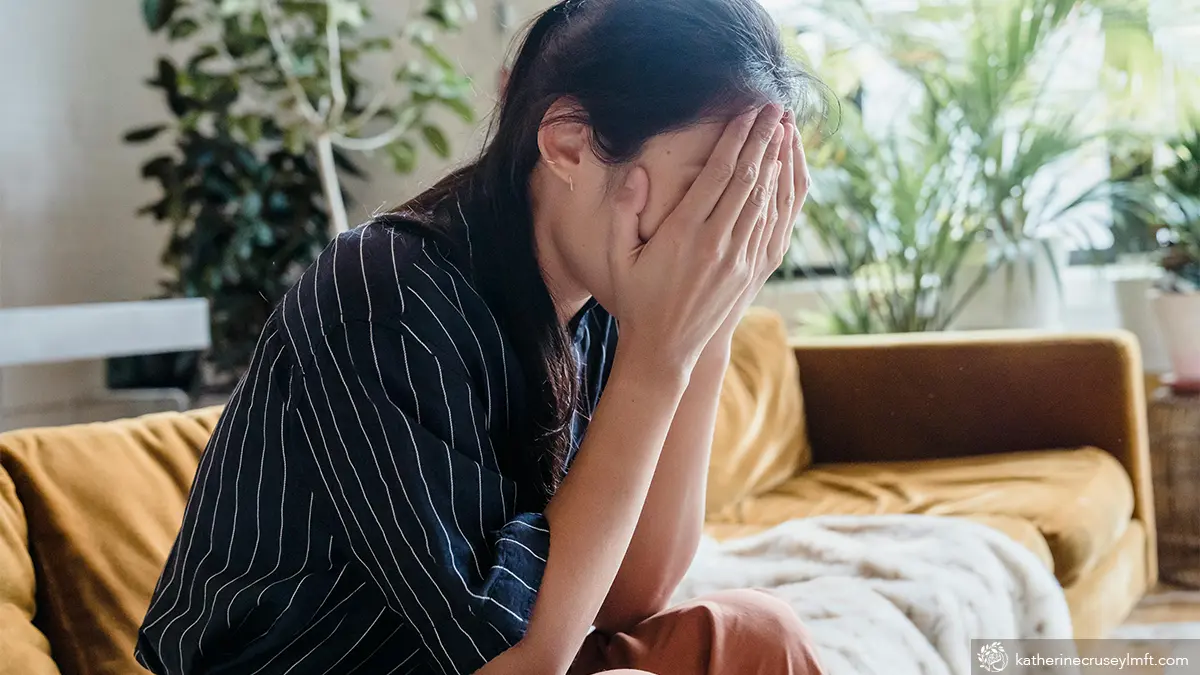What is Situational Depression? Causes, Symptoms, and Treatment

Life is full of changes, both good and bad. While many people adjust over time, some may experience overwhelming emotional distress in response to difficult events. This emotional state is known as situational depression. Unlike clinical depression, which is a long-term mental health condition, situational depression is often tied directly to a specific event and may resolve once the person adapts. Understanding the situational depression symptoms, causes, and treatment options can help individuals seek the right support when they need it most.
What is Situational Depression?
Situational depression, clinically referred to as adjustment disorder with depressed mood, is a short-term, stress-related type of depression. It arises after a person experiences a traumatic or major life change. For example, a divorce, job loss, death of a loved one, or a serious illness diagnosis. While sadness and difficulty coping are natural reactions to hardship, situational depression occurs when these feelings are intense enough to disrupt daily life.
Unlike major depressive disorder, situational depression symptoms are specifically triggered by an external event. And the emotional reaction is typically more closely tied to that particular stressor.
Common Causes of Situational Depression
Situational depression can be triggered by a wide variety of life events, including but not limited to:
- Loss of a loved one (bereavement)
- Divorce or breakup
- Loss of a job or major career setback
- Financial difficulties
- Serious illness or injury (personal or affecting a loved one)
- Major life transitions, such as moving to a new city or retiring
- Experiencing a traumatic event, such as a natural disaster or accident
Everyone reacts differently to stress. Therefore, what might cause situational depression in one person may not affect another in the same way. Personality, past experiences, support systems, and overall mental health play significant roles in how individuals cope with adversity.
Situational Depression Symptoms
Recognizing situational depression symptoms is crucial for early intervention and recovery. Symptoms usually develop within three months of the triggering event and may include:
- Persistent sadness, tearfulness, or hopelessness
- Anxiety or excessive worry
- Difficulty concentrating
- Changes in appetite (eating too much or too little)
- Fatigue or lack of energy
- Withdrawal from social activities
- Feelings of being overwhelmed
- Irritability or mood swings
- Changes in sleeping patterns (insomnia or oversleeping)
- Thoughts of self-harm or suicide (in severe cases)
While these symptoms resemble those of major depression, they are typically linked to a specific event. Plus, they tend to subside once the individual adapts or the situation improves.
Diagnosis
If you experience several of the above symptoms following a major life change, it’s important to consult a mental health professional. A diagnosis is often based on a thorough evaluation of your emotional and behavioral responses to the triggering event. The key distinction is that the symptoms must be out of proportion to what would typically be expected. And must significantly impair daily functioning.
Treatment Options
The good news is that situational depression is usually highly treatable. Katherine Crusey’s treatment plans are personalized depending on the severity of symptoms and the individual’s needs. Common approaches include:
1. Psychotherapy
Talk therapy with Katherine Crusey, LMFT; a licensed psychotherapist. In San Diego and California, her services are the first line of treatment. She helps individuals process their emotions, develop coping skills and find ways to adapt to life chaos healthily.
2. Life Changes
Simple but effective self-care strategies, such as maintaining a regular sleep schedule, exercising, and eating nutritious foods. Practicing relaxation techniques (like mindfulness and meditation), can also significantly aid recovery.
3. Building a Support System
Reaching out to trusted friends and family members for emotional support can make a profound difference during difficult times.
4. Support Groups
Katherine Crusey, LMFT does not offer support group sessions. However, going a support group can offer comfort and validation from others who have experienced similar struggles. Sharing experiences can reduce feelings of loneliness and isolation.
When to Seek Help
Have you noticed situational depression symptoms interfering with your ability to function at work, in relationships, or in day-to-day activities? Then it’s important to seek professional help. Early intervention can prevent symptoms from worsening and promote faster recovery.
Final Thoughts
Situational depression is a normal but serious reaction to challenging life events. Recognizing the situational depression symptoms, understanding the causes, and seeking appropriate treatment can empower individuals to navigate tough transitions more healthily and resiliently. If you or someone you know is struggling, know that help is available, and healing is possible.
You may also enjoy reading: What is the EMDR Therapy Method?
Related Posts

Parasocial Relationships: Why We Feel Entitled To Others
Celebrities, influencers, and content creators share intimate parts of their lives online. And the lines…

Why Are College Students Struggling With Mental Health?
In recent years, the college students mental health crisis has become an alarming issue on…


